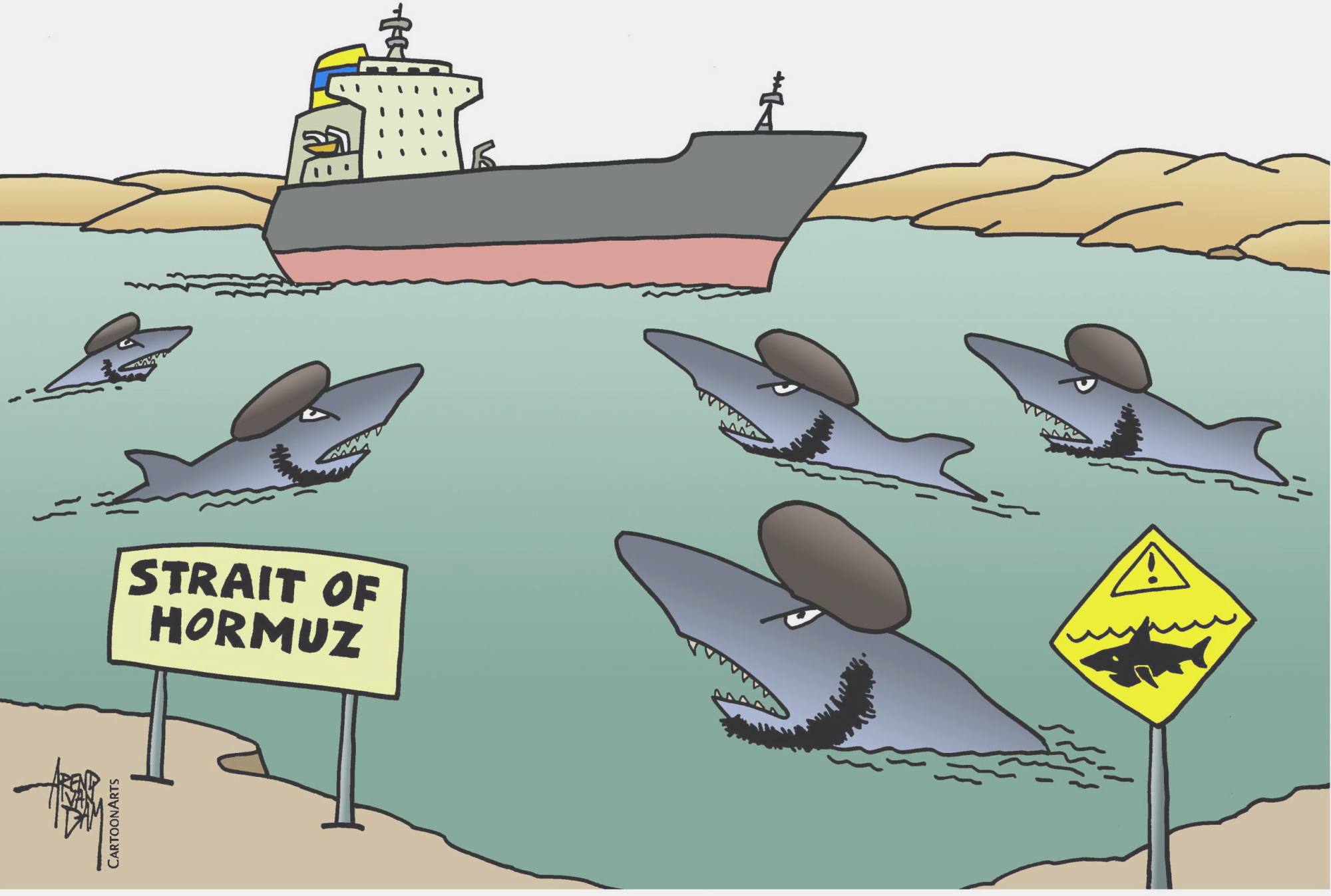The United States has made clear its desire to build a coalition for escort operations in the Straits of Hormuz and Bab-el-Mandeb, which officials claim are at risk of Iranian or Iran-backed attacks. The objective of the coalition is twofold: protect commercial assets and bring countries together to counter what Washington has identified as nefarious and escalatory actions by Iran. Reports have emerged that Japan is among the countries the U.S. has eyed for this coalition.
What is Japan's place in this coalition-building against Iran? The deployment of Self-Defense Forces assets to that area of the world is not unprecedented, but there are two key factors affecting the response that the Japanese government is able and willing to give to the U.S. in this case. The first is the nature of the request to Japan; that is, what type of coalition the U.S. is building and what exactly the U.S. will ask Japan to do. The second is Japan's broader foreign policy objectives toward Iran, especially the issue of whether Prime Minister Shinzo Abe is still trying to play the role of mediator between the U.S. and Iran.
Right now, it is unclear what Washington will seek from Japan. U.S. officials have suggested that they want a coalition to show multinational support against Iran based on a series of security incidents it has linked to the regime, but there has not been much specificity beyond that. Presumably, the U.S. is simply seeking Maritime Self-Defense Force assets to escort commercial vessels under a U.S.-led coalition, but there is no indication of what force structure or legal mandate would underwrite the operation.

















With your current subscription plan you can comment on stories. However, before writing your first comment, please create a display name in the Profile section of your subscriber account page.